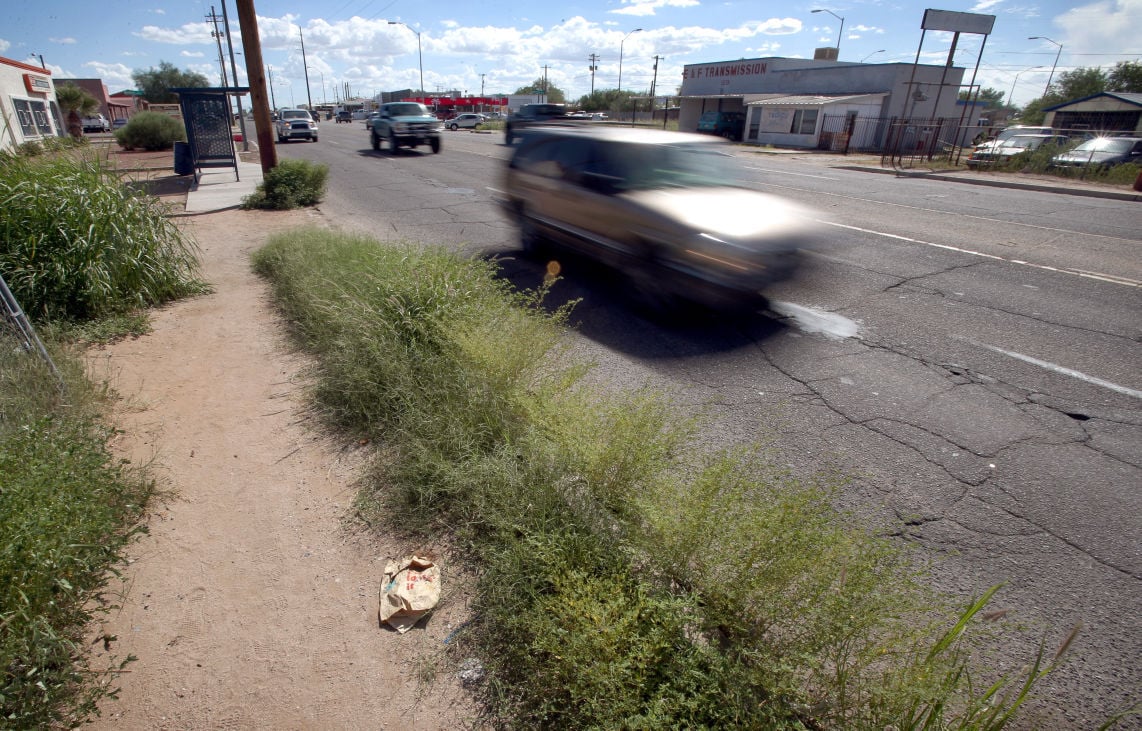Attracting new businesses increasingly means working with existing major employers to see what industries best align with their needs.
A $15 million project on the November bond election seeks to do that.
Oro Valley’s proposed Business Accelerator project is part of the $91.3 million Prop. 426: Economic Development, Libraries and Workforce Training question on the November ballot. It’s one of 99 projects in the seven-question, $815.7 million bond package before regional voters.
Oro Valley is home to four research laboratories, and town officials hope the accelerator will attract more biomedical and pharmaceutical research companies. Their plan is to build a 50,000-square-foot, technology-based business incubator space on land the county would purchase in Innovation Park near Ventana Medical Systems and Sanofi.
The nonprofit BIOSA Innovation Inc. would operate and manage the facility on a contract with Pima County. BIOSA Innovation has a mission to “support translational research through education and infrastructure that promotes bioscience in Southern Arizona.”
Oro Valley Mayor Satish Hiremath, who supports the seven bond questions before county voters, said a major player is already committed to leasing space in the proposed technology incubator.
“Arizona State University has made a commitment that if we get the funding, they will plant their flag here,” he said.
The university has plans to lease as much as 10,000 square feet in the proposed facility for research faculty and, potentially, for students. Hiremath said he envisions ASU partnering with area high schools as well to provide technology-based educational opportunities to students getting ready for college.
Opponents of the bond, however, say there’s something lacking in this and the other proposals in Prop. 426.
“There’s no specifics for any of the economic development projects,” said Brad Johns, a business consultant and part of the Taxpayers Against Pima Bonds campaign.
If individuals were seeking traditional business funding from a bank, Johns said, they would need to produce estimates of return on investment and numbers of employees before they would be approved.
Pima County Supervisor Ally Miller also is skeptical of the projects in Prop. 426.
Pima County taxes are already high and the bonds would just add to that — scaring away businesses, not attracting them, she says.
She also has raised concerns that projects like the incubator, UA Tech Park offices and lab incubator spaces would compete with private-sector interests.
“Why would a private investor want to come here and invest in a tech park?” Miller said. “We’re going to end up being a taxpayer-funded economy.”
Tucson Metro Chamber President Mike Varney said Pima County is just keeping up with the times.
“More and more, things are getting done through public-private partnerships,” Varney said. “This just happens to be an example of that.”
The chamber supports all seven bond questions.





